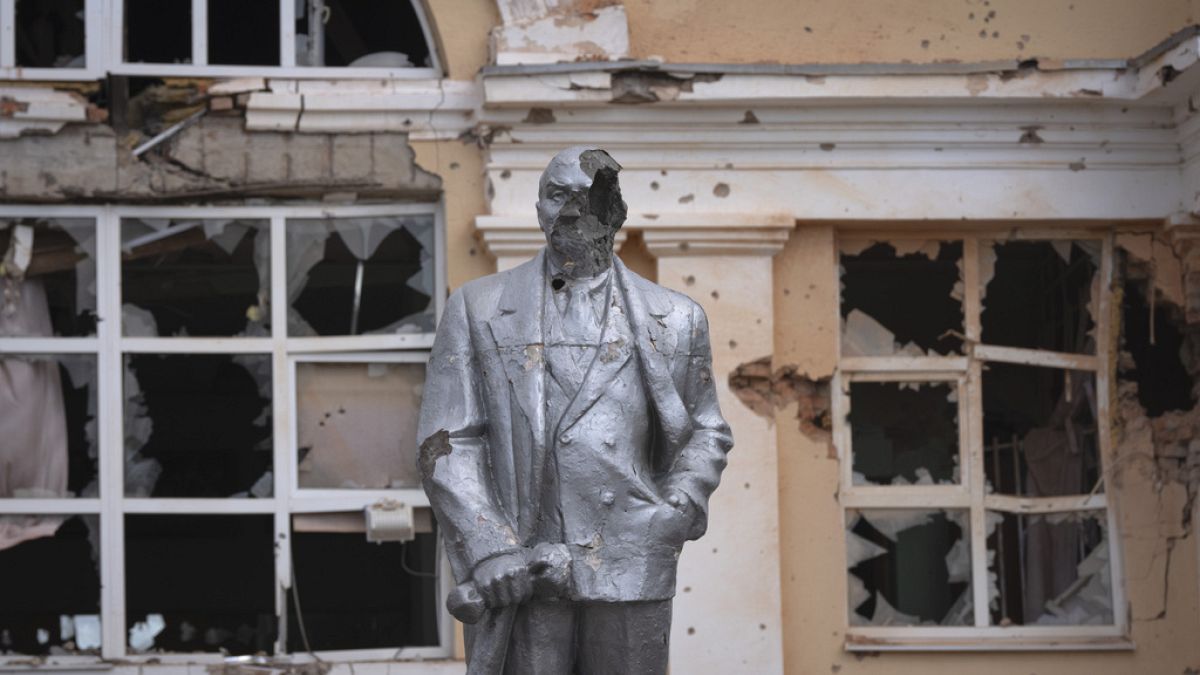Kyiv’s surprise incursion into the Russian region of Kursk caught everyone off guard, including Moscow. The military operation, which began on August 6th, has continued for over two weeks with no signs of stopping. Ukraine’s Western allies and observers were shocked by this move. The United States-based Institute for the Study of War (ISW) emphasizes the importance of operational security in such offensive actions. Karolina Hird, the Russia deputy team lead at ISW, believes that Ukraine’s strategy of keeping the plans secret was a lesson learned from past counteroffensives. This secrecy has made it difficult for both the West and Russia to anticipate Ukraine’s next moves.
The ongoing military operation has seen Ukraine capture over a thousand square kilometers in the Kursk region, surpassing what Russia has accomplished in Ukraine over the past eight months. Despite these gains, the term “war” remains banned in the border region and throughout Russia. This shows the sensitivity of the situation and the reluctance to acknowledge the conflict as a full-scale war. Hird suggests that the visibility of the vulnerable border may lead to a shift in the Russian perspective on the war. As the border proves to be permeable, the war may start to impact Russian domestic populists who were previously apathetic towards the conflict. These nuances may generate discontent among the Russian population and change the way they perceive the ongoing conflict.
The unexpected military operation into Russia showcases Ukraine’s ability to adapt and surprise its opponents. By learning from past experiences and keeping their plans secret, Ukraine has managed to make significant gains in the Kursk region. This shock tactic has left both Moscow and Ukraine’s Western allies scrambling to understand the implications of this bold move. The unpredictability of Ukraine’s actions has forced Russia to reconsider its strategies and may lead to a shift in the dynamics of the conflict. As Ukraine continues to push further into Russian territory, the situation remains tense and uncertain.
The conflict between Ukraine and Russia has been ongoing for several years, with both sides engaging in military operations and diplomatic negotiations. The recent incursion into the Russian region of Kursk marks a significant escalation in the conflict. The capture of over a thousand square kilometers by Ukraine demonstrates its determination to push back against Russian aggression. The banning of the term “war” in Russia indicates the sensitivity of the situation and the reluctance to acknowledge the full extent of the conflict. As Ukraine continues to make gains in the Kursk region, the dynamics of the conflict are likely to shift, forcing both sides to reassess their strategies.
The Institute for the Study of War (ISW) emphasizes the importance of operational security in military offensives. By keeping their plans secret, Ukraine has managed to surprise its opponents and make significant gains in the Kursk region. This element of surprise has left Moscow and Ukraine’s allies struggling to understand the implications of the military operation. As Ukraine continues to advance into Russian territory, the conflict is likely to intensify, with both sides facing new challenges and uncertainties. The visibility of the vulnerable border may change the Russian perspective on the conflict, leading to discontent among the population and potentially altering the course of the war.
In conclusion, Kyiv’s military operation into Russia has caught everyone off guard and has resulted in significant gains for Ukraine. The secrecy surrounding the offensive has allowed Ukraine to surprise its opponents and make advances in the Kursk region. The banning of the term “war” in Russia indicates the sensitivity of the conflict and the reluctance to acknowledge its full extent. As Ukraine continues to push further into Russian territory, the dynamics of the conflict are likely to shift, leading to new challenges and uncertainties for both sides. The visibility of the border may change the Russian perspective on the war and generate discontent among the population.





















